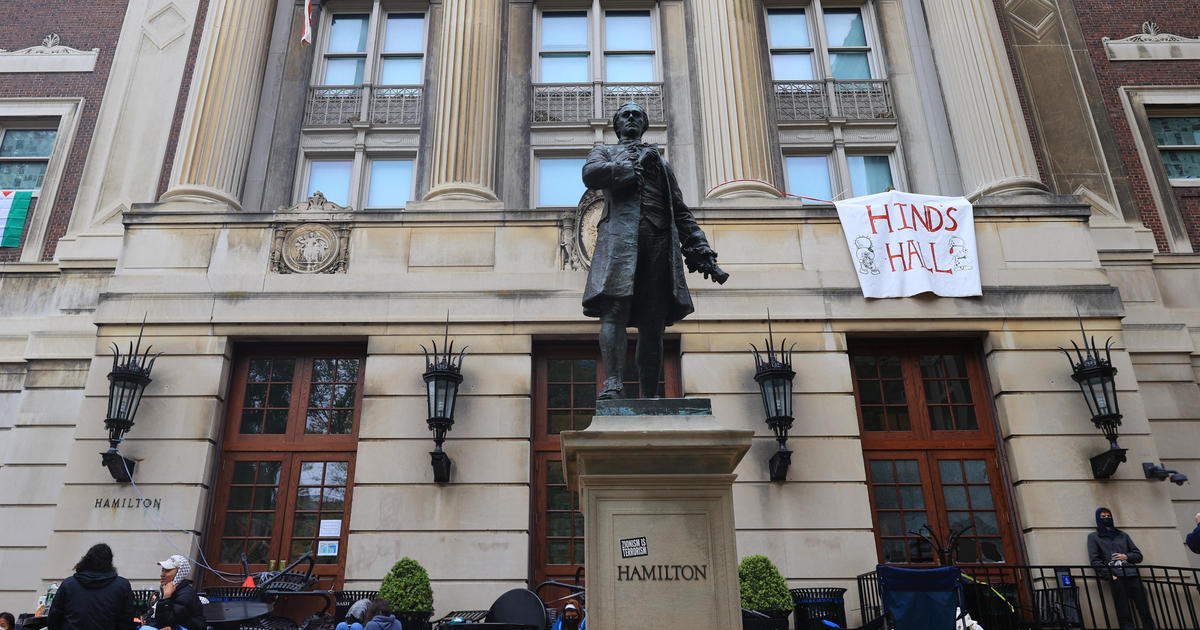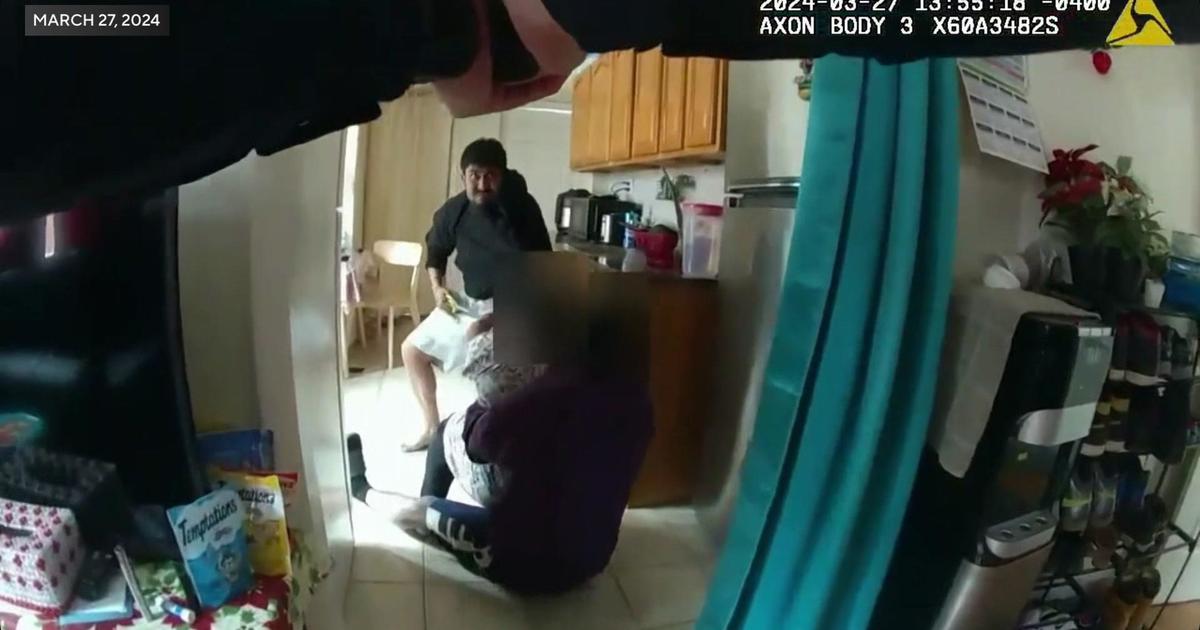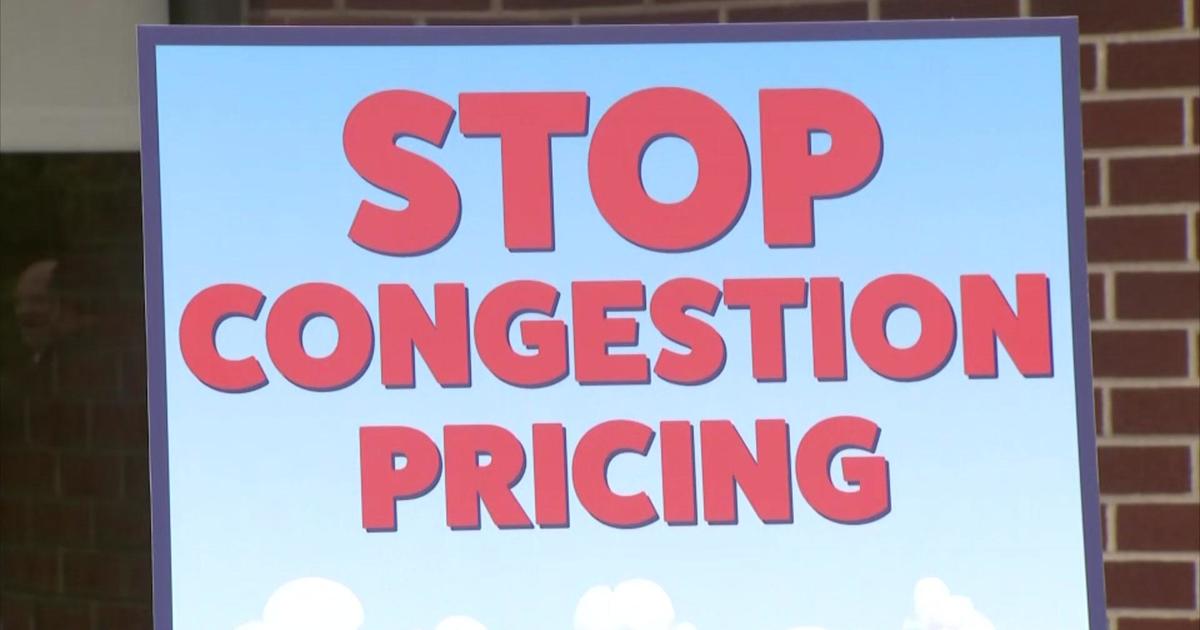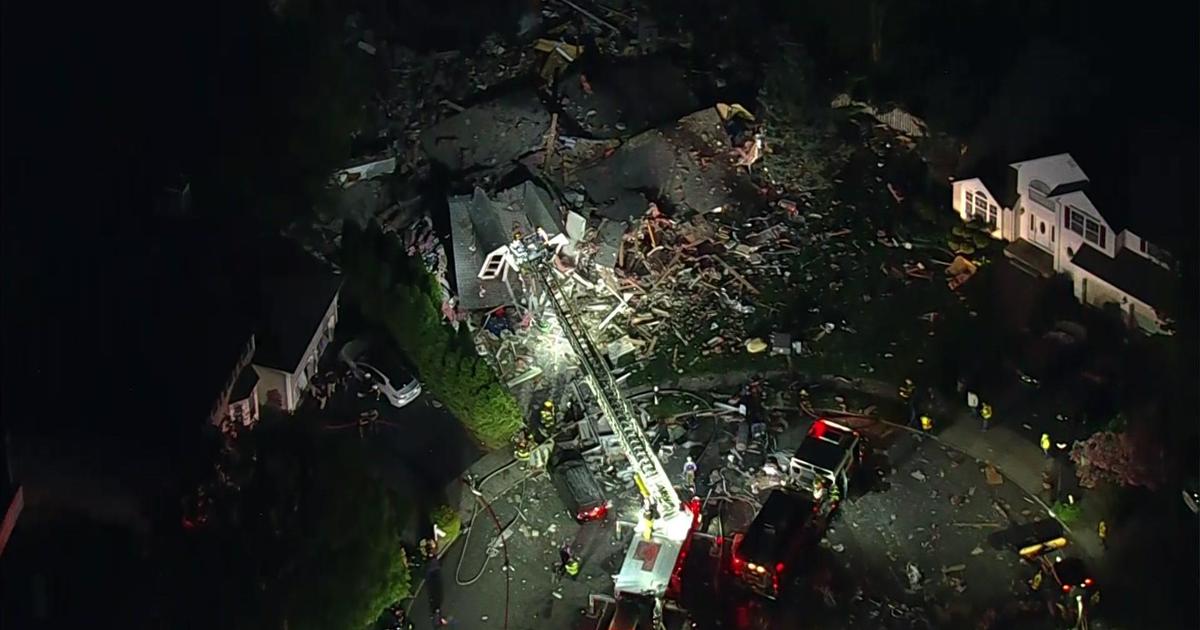Jordan Neely chokehold death: Legal experts Anna Cominsky, David Schwartz break down what's next
NEW YORK - Activists are calling on Manhattan District Attorney Alvin Bragg to charge a Marine veteran in the death of Jordan Neely.
The veteran was seen on video placing Neely in a chokehold after a confrontation on the subway.
Witnesses said Neely was begging for food and throwing trash at riders before his death.
Outrage has grown that no charges have been filed as yet, even though the medical examiner determined that the death was a homicide. The DA's office said it is investigating the case.
CBS2's Ali Bauman spoke with New York Law School professor Anna Cominsky and former prosecutor and criminal defense attorney David Schwartz about what's next in the case.
"Is this case, in your opinion, clear cut?" Bauman asked.
"Absolutely not. It's not clear cut," Cominsky said. "First and foremost, we just don't know everything yet. So, obviously, we've seen the horrific video, and it is horrific, and it's horrible because a life was lost. But we don't know exactly what happened leading up to that video itself. In addition to that, we don't know enough about the individual who had placed Mr. Neely in the chokehold. And so all of that is going to be considered in order to make a charging decision."
"Why in this case would police have to wait for the district attorney in order to make an arrest when there are plenty of other cases where police make an arrest as soon as they can when someone dies?" Bauman asked.
"In order to effectuate an arrest, the police have to have probable cause to believe that a crime has been committed. In this case, based on what we can see, it would be probable cause to believe that some level of homicide was committed in this case. So at the time the police brought the individual in for questioning... it's our best guess that at that point they just did not know enough information," Cominsky said. "Also, based on what we know at that point, I believe, that they did not have the video yet. So they had not seen that video."
Cominsky said now that the prosecutor's office is involved in the investigation, the police will be working together with it, and won't make a unilateral arrest. Cominsky said she expects police and DA investigators looking into the case are now gathering information, finding as much video footage as possible and interviewing witnesses.
"In particular, they're most likely looking into the background of this alleged Marine. Because what's really at issue here, one of the biggest issues here, is what his culpable mental state was at the time that he acted. So in order to better understand that, we need to know what kind of training he's had, what he knows about chokeholds, whether or not he knows the force that he was using could have killed Mr. Neely. I would expect they are looking all of that right now," Cominsky said.
And what about a claim of self-defense?
"We really don't know enough right now to know whether or not justification or self-defense is a viable defense. What we do know is that it seems likely that the individual will put forward that defense," Cominsky said. "Really, the question right now is will the district attorney consider that defense right now, and therefore they're not even going to bring charges? Or will they, based on the evidence that they gather, decide that that even if this individual tries to put forward a self-defense, a justification defense, that, no matter, we still have enough evidence to proceed with some level of a homicide charge here."
"When you're looking at the affirmative defense of self-defense, justification to take physical action in that type of situation, you have to look at the facts, and the facts are very specific to each situation. Some situations would require self-defense, but that's in very limited situations. Certainly deadly force is very limited to cases of kidnapping and robbery and cases where you really feel your life is at risk, so we have to see what this person was doing on the subway," Schwartz said.
"There is no doubt that this was just horrible. You know, a man died here, and no one wants that. But we really need to understand all of the circumstances surrounding this. So what we can expect, what we can hope, is that the prosecutor's office is doing their due diligence, is really looking at this from all angles, gathering all that information before they make a charging decision," Cominsky added.
Once prosecutors do make a charging decision, it will be in the hands of a grand jury.



